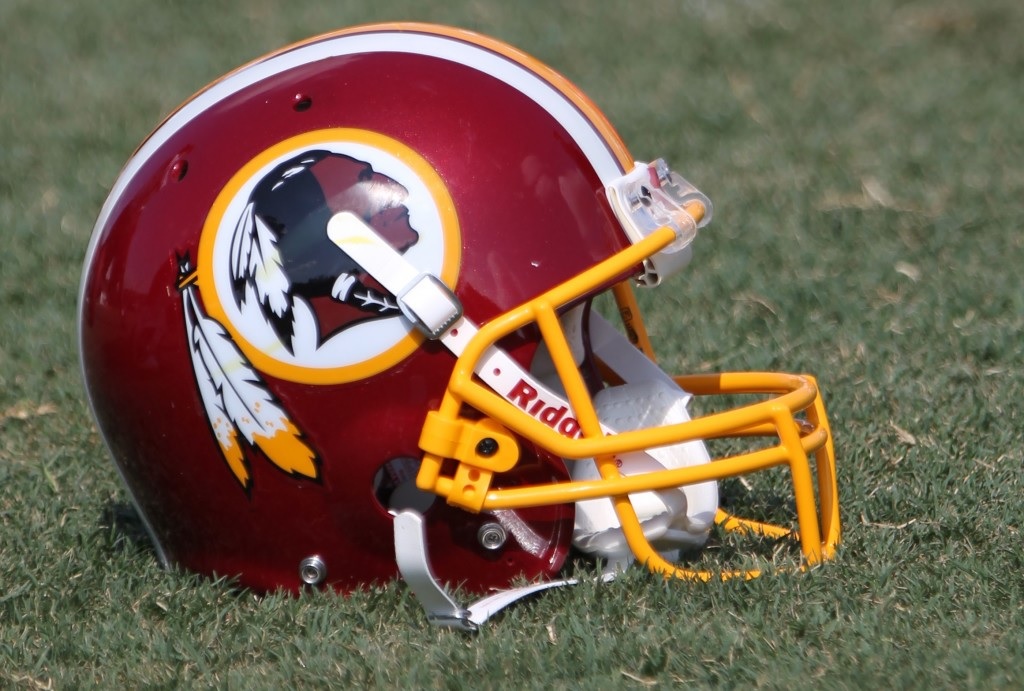
The NFL's name change prompts discussion on Native American representation
John Two Guns White Calf, a historical figure of the Blackfoot Tribe, was once prominently featured on the helmets and merchandise of the Washington Redskins. His likeness adorned the team’s branding until 2020, when the franchise announced it would retire the name and logo amid widespread discussions about racial justice and equality, particularly following the Black Lives Matter movement.
The decision to change the name was made in the context of rising social awareness regarding racial representation in sports. As a result, the Washington team, now known as the Washington Commanders, removed Two Guns White Calf's image, which had been part of the team's identity for decades. This logo was created in 1971, almost 40 years after White Calf's passing in 1934. He was the last chief of the Blackfoot Tribe and one of the most photographed Native Americans of his era.
While the franchise has indicated that the change aimed to address concerns about racial insensitivity, members of Two Guns White Calf's family have voiced their desire for the restoration of his likeness. They emphasize that his image is not just a logo but a significant representation of Native American heritage and history. A relative noted that the representation of Two Guns White Calf should be celebrated as part of the rich tapestry of American history.
Supporters of this perspective argue that acknowledging the legacy of Two Guns White Calf also honors the contributions of notable players who represented the team over the years, including Darrell Green, Joe Theismann, Art Monk, John Riggins, and legendary coach Joe Gibbs. They contend that the historical significance of these figures should not be overlooked in the ongoing discussions about representation and legacy in sports culture.
The NFL and the Washington Commanders are encouraged to consider the perspectives of Two Guns White Calf's descendants as they navigate the complexities of branding and identity in a culturally diverse society. As the conversation continues, the relationship between sports, culture, and history remains a vital topic for many fans and communities.







